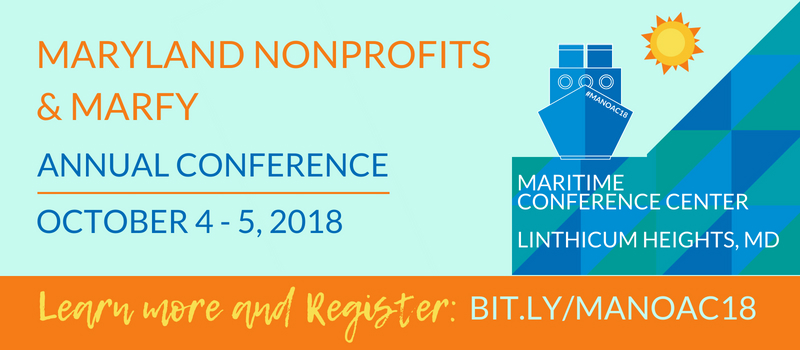Avoiding Information Indigestion: How to Consume Data Responsibly
Guest Blog by Susan Crystal-Mansour,
PhD

Nonprofit leaders face a vast flow of information, both in volume and speed. Most organizations and their leaders are expected to respond to the vast deluge of data at a similarly frenetic pace.They may find it challenging to discern the validity of data and information that is collected and analyzed outside their organizations, as well as from within their own organizations.
Nonprofits rely on accurate information and relevant data for effective planning and sound decision–making. Do they have the opportunity to fully understand this information before responding? Are they more likely to accept with cursory consideration conclusions that are presented or communications of others under such time pressure? Are they sure the data indicates that these are valid conclusions?
opportunity to fully understand this information before responding? Are they more likely to accept with cursory consideration conclusions that are presented or communications of others under such time pressure? Are they sure the data indicates that these are valid conclusions?
Nonprofit leaders should critically evaluate the research data driving information, conclusions, and communications they consume. Understanding what questions the data were supposed to answer, and assessing whether the measures used to answer these questions were appropriate, is critical. Were measures taken from the right sources and individuals? Who does the data represent, and whose “voice” is missing? What were the results of the analysis? Was the analysis appropriate, and, finally, did the conclusions line up with the results?
While the process for evaluating the quality, validity, and reliability of data may appear to be overwhelming and time-consuming, it’s actually the basic scientific method, which we learned in elementary school. Applying this to the review of information does not take any longer than reading and reacting; it just sets up the framework for the review.
Join Sue Crystal-Mansour,
PhD
2017
